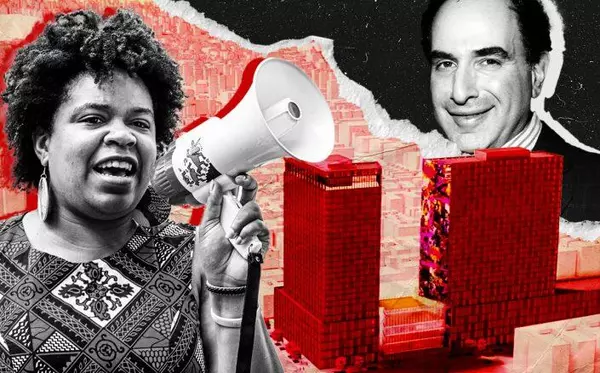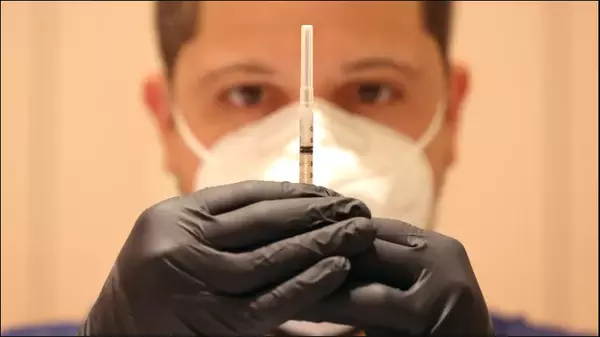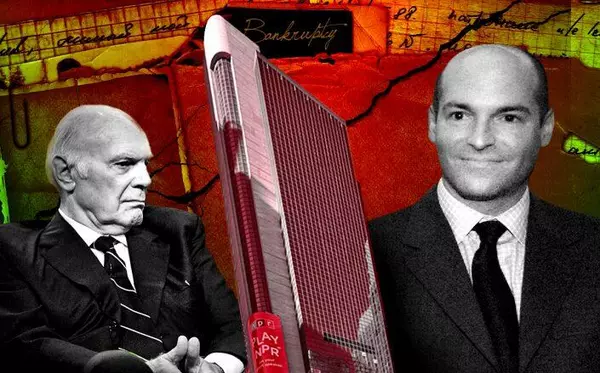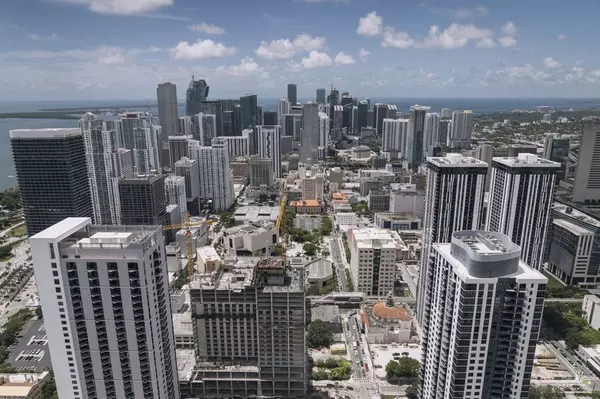
Council member calls 40% affordable project “slap in the face”
One developer’s concession is another City Council member’s “bread crumbs.” Developers trying to save One45, a proposed 915-unit project in Harlem, added 150 income-restricted units to their plan Tuesday, bringing the portion of affordable units to 40 percent. That is more than nearly every project

Brookfield gets Ritz-Carlton SF in $3.8B deal for Watermark
Brookfield will acquire the Ritz-Carlton hotel in Downtown San Francisco as part of its $3.8 billion acquisition of hotel REIT Watermark Lodging Trust. The Toronto-based developer recently announced it would buy Watermark’s 25 hotels across the U.S., a portfolio that totals more than 8,100 keys. On

Time for a fourth Covid vaccine dose? Here’s why medical professionals are skeptical
Countries are beginning to offer a fourth dose of the Covid-19 vaccine to vulnerable groups, but medical professionals are undecided on whether it would benefit the wider population. The U.S. Food and Drug Administration has so far authorized a fourth shot only for those aged 50 and above, as well
Categories
Recent Posts









